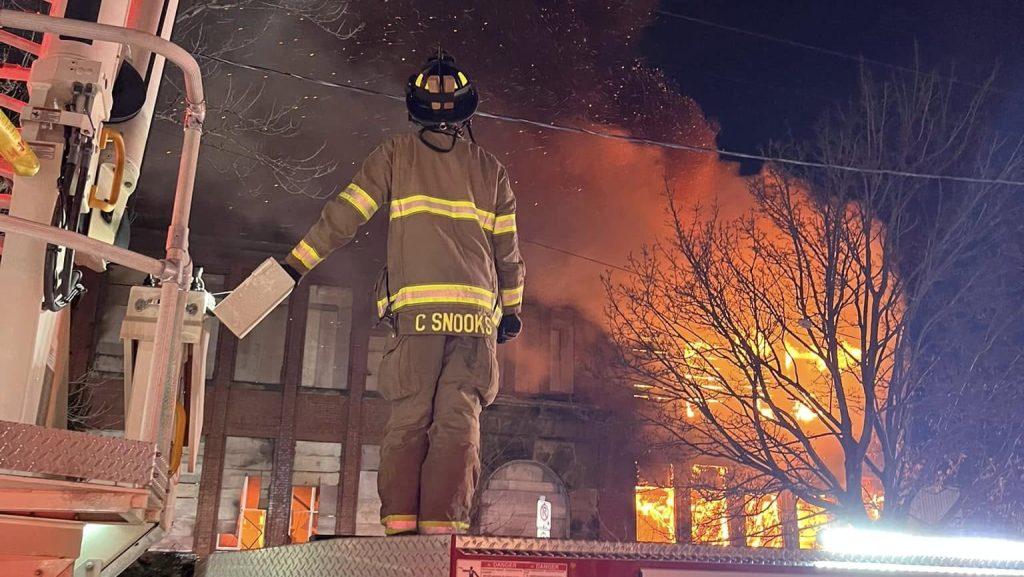Visitor restrictions tighten at hospitals
Posted Jan 5, 2022 01:52:00 PM.
As Omicron cases continue to climb in the province, Nova Scotia Health is making changes to its visitor restrictions.
COVID-19 outbreaks have been declared at several hospitals throughout the province, including at the Halifax Infirmary, Dartmouth General Hospital and Victoria General.
Most hospital inpatients can now only have one consistent designated support person or family caregiver, including those in emergency departments and those in labour/birth.
This person must be fully vaccinated.
Children 18 and under admitted to hospital, in an ICU and critically ill patients in emergency departments are allowed two designated support people, but generally only one at a time.
“Exceptions may also be made for palliative patients, patients receiving Medical Assistance in Dying and others nearing the end of life in consultation with their care team,” said Nova Scotia Health in a news release.
Patients with COVID-19 or in a unit with an outbreak will not be allowed visitors, unless it's necessary for their care due to physical, intellectual, cognitive and emotional conditions.
Those going to a hospital for a test, procedure or other appointment or clinic are being asked to come alone. This includes prenatal visits/ultrasounds.
Exceptions are being made for children and youth under 19 and those who need support to receive care due to physical, intellectual, cognitive and emotional conditions and/or require a substitute decision-maker. Those support people should be fully vaccinated.
In addition, restrictions may vary by site due to COVID-19 activity within a facility and/ staffing requirements.
Nova Scotia Health says it understands the tighter restrictions will be difficult for both patients and their loved ones, but they're necessary at this time.
“Having COVID-19 positive visitors unknowingly enter Nova Scotia Health facilities may lead to exposures that require health care staff to be absent from the workplace, potentially leading to critical service disruptions,” it says.
“These exposures would also require the use of added safety measures for some inpatients.”








